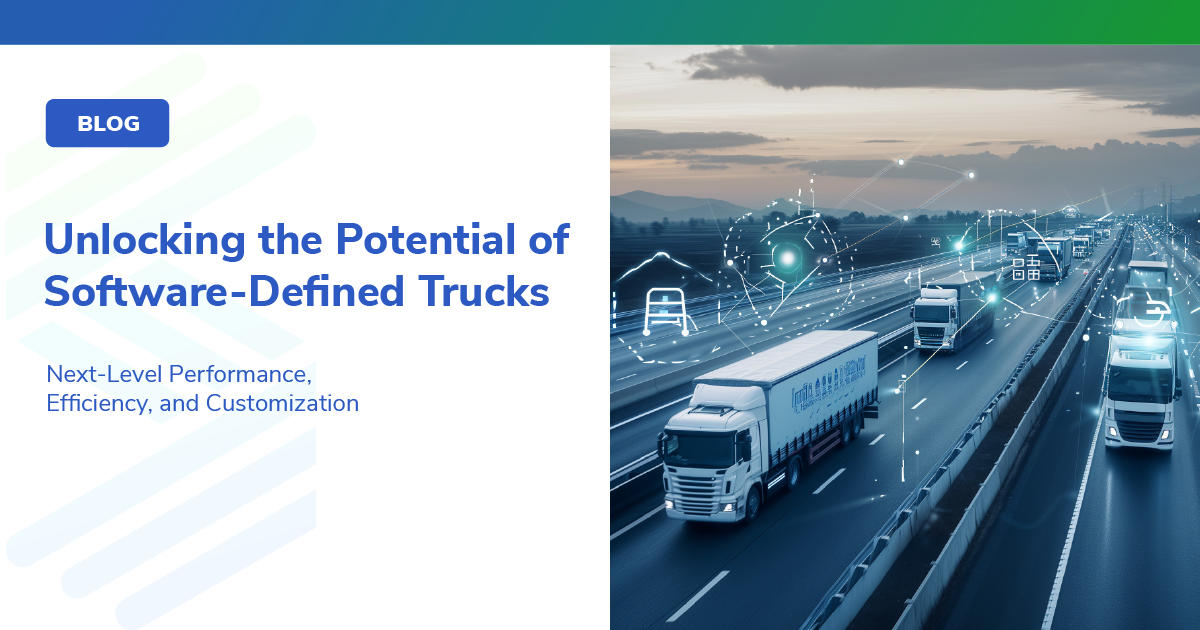
/
September 14, 2022
/
#
Min Read
This Recall Stopped These Ferraris in Their Tracks...Or Rather Didn't Stop Them
Surprise! We are back with a special mid-quarter edition of The Recall Notice. While in recent articles we have been covering several National Highway Traffic Safety Administration (NHTSA) recalls at once, this post will only deal with one: NHTSA recall 22V536.
This recall isn’t the biggest recall we’ve ever covered. It’s not the most expensive. In fact, it’s not even a software-related recall. It is, however, a bit out of the ordinary in that NHTSA 22V536 includes almost every Ferrari produced since the model year 2005. What lessons can OEMs learn from this recall and how can they turn those lessons into action? Well, that’s what we are here to tell you.
Snapshot
NHTSA Campaign Number: 22V536000
OEM: Ferrari North America, Inc.
Components: SERVICE BRAKES, HYDRAULIC
Estimated Vehicles Affected: 23,555
Remedy: Replace the brake fluid reservoir cap and update the software at dealership
Estimated Cost to OEM: $7M - $11.8M
What the Problem Was
NHTSA recall 22V536 is an expansion of NHTSA recall 21V833, which was issued back in October of 2021 in response to an issue with the hydraulic braking system in certain Ferrari vehicles. At the time Ferrari was unaware of the primary cause or the scope of the issue. In response, the OEM sent an interim notice advising owners to pull off the road and contact roadside assistance should their vehicle display the “low brake fluid” warning message.
An additional investigation determined the brake fluid reservoir cap on certain vehicles was not ventilating properly. The result was the formation of a vacuum in the brake fluid reservoir which caused brake fluid to leak and led to a partial or full loss of the vehicle’s braking functions. It doesn’t take an engineer to tell you that a vehicle without functioning brakes is a serious problem. Not only does it place the driver and their passengers at risk but other vehicles and pedestrians as well.
The Scope of the Recall
Over 23,500 vehicles are impacted by this recall, a huge number considering Ferrari’s current sales come out to around 8,400 units per year. In essence, the recall includes almost every Ferrari produced since 2005. Vehicle models impacted by NHTSA 22V5360 are listed below, with model years in parenthesis:
- Ferrari 430 (2005-2009)
- Ferrari 612 (2010-2011)
- Ferrari 812 (2018-2022)
- F60 America (2016)
- 612 Scaglietti (2005-2011)
- F8 Spider (2020-2022)
- F8 Tributo (2020-2022)
- Roma (2021-2022)
- California (2009-2017)
- California T (2015-2017)
- F12 Berlinetta (2013-2017)
- F12 TDF (2017)
- FF (2012-2016)
- GTC4 Lusso (2017-2020)
- GTC4 Lusso T (2018-2020)
- LaFerrari (2013-2015)
- LaFerrari Aperta (2017)
- 488 Pista (2019-2020)
- Portofino (2019-2022)
The only models not covered in this recall are the 599 GTB, SF90, 575M Maranello, and 296 hybrid.
How Sibros Could Have Helped
In addition to updating the related software, this Ferrari recall requires every single potentially affected unit to return to the dealership to have its brake fluid reservoir cap replaced. That’s not something a fleet manager can fix with the push of a button and a nicely configured over-the-air software update. So, where does Sibros come in? How on earth could a connected vehicle software update and data management platform have helped with this hardware-related issue?
First, consider the fact that a vehicle’s systems are interconnected and interdependent. If one component, even a non-electrical component, is malfunctioning it will likely impact related systems. With an embedded telematics solution capable of collecting data from every single vehicle ECU, an automaker might have been able to detect a trend between the low brake fluid warning and a sudden loss of braking power. No, this would not have eliminated the issues, nor would it have made the remedy any easier on current vehicle owners. But it could have identified the fault sooner.
Since this issue has been present in Ferrari vehicles since the model year 2005, proactive fault detection could have considerably reduced the total recall size. The sooner an issue comes to light, the fewer vehicles come out of production with the same issue. Sibros’ Deep Logger might have been able to help differentiate between vehicles with and without the issue to further reduce the recall’s scope. In addition, once the affected vehicles were identified, the OEM could send a targeted update with Sibros’ Deep Updater to provide a different warning message and advise owners to pull over immediately should their brake fluid fall below a certain threshold. This would be an interim fix, but one that could potentially save lives and reduce the likelihood of legal repercussions for the OEM.
Impact and Savings
The total financial impact of this recall rests between seven and twelve million dollars. However, the impact on brand reputation could be much greater. It’s one thing having to take your vehicle back to the dealership for a recall but it’s another when you paid $200,000 and $400,000 for said vehicle. With that price tag, you expect your vehicle to function properly and to not suddenly pull a Thelma and Louise off the side of Highway 1.
Obviously, it’s impossible to go back and integrate Sibros’ Deep Connected Platform into every Ferrari produced since 2005. Then again, that's not really the point. The point is, this recall comes with a big reality check. The way we design, build, and maintain vehicles is changing. In the current technological landscape, it’s no longer acceptable for an issue, particularly a serious one, to go unnoticed for years. The ability to monitor a vehicle’s real-time functionality and remotely update faulty software to every ECU is crucial for long-term success in the automotive industry. Don’t wait until it’s too late. To learn more about powering your connected vehicle with Sibros, contact us today.













